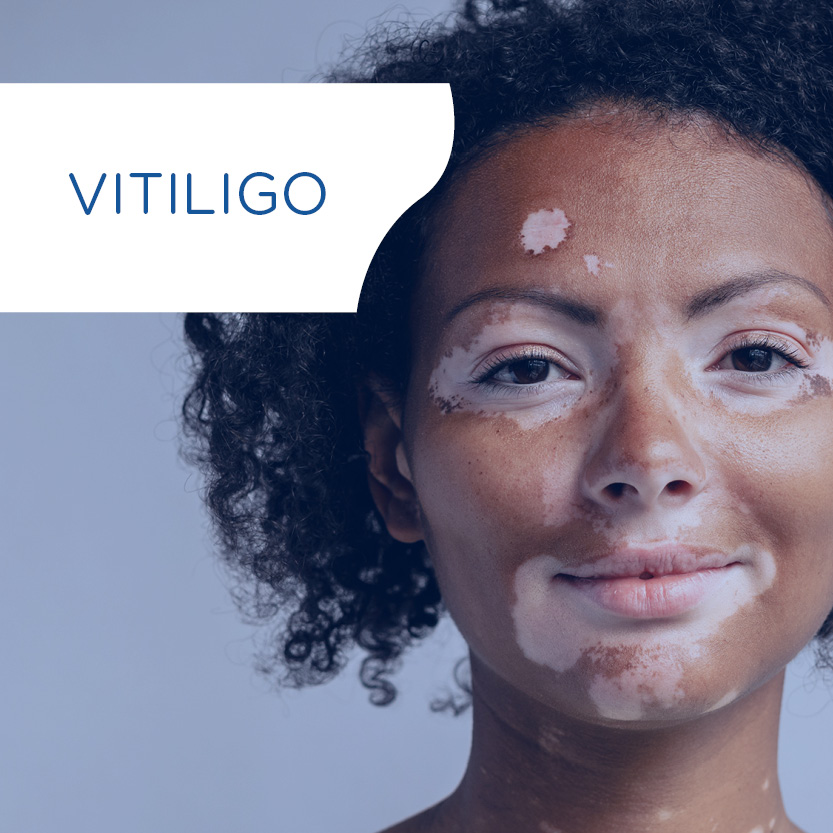Alternative (non-animal) methods for cosmetic testing: current status and future prospects – Acute toxicity
Alternatives to Laboratory Animals, 33 (S1) Chapter 3.1, Acute Toxicity: 27-34
GRIBALDO L., GENNARI A., BLACKBURN K., CLEMEDSON C., DEGUERCY A., MENEGUZ A., PFALLER W. and RUHDEL I. (2005)
ECVAM, Institute for Health & Consumer Protection, European Commission Joint Research Centre, Ispra, (VA), Italy.
Procter & Gamble, Miami Valley Laboratories, Ross, OH, USA.
Expertrådet, Sundbyberg, Sweden.
Laboratory of Pharmacology, Istituto Superiore di Sanita’, Roma, Italy.
Bioalternatives, Gençay, France.
University of Innsbruck, Innsbruck, Austria.
German Animal Welfare Federation, Neubiberg, Germany.
Abstract
From the regulatory point of view, the main objective of acute toxicity testing is basically to classify chemicals according to their intrinsic toxicity as required by the EEC directive on the classification, packaging, and labelling of dangerous substances (Council Directive 67/548/EEC and subsequent amendments). This requirement aims to protect public health by regulating exposure to potentially dangerous materials.
The classification of chemicals is done on the basis of the medium lethal dose (LD50) value, defined as « the statistically derived single dose of a substance that can be expected to cause death in 50% of the animals in an experimental group ».
© 2005 L. Gribaldo et al.
KEYWORDS: Acute toxicity; Cosmetic testing; Alternative methods
Related posts
Check out Bioalternatives’ updates and experience new testing ideas
- Bioassays, models and services
- Posts and publications
- Events







